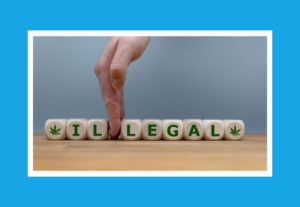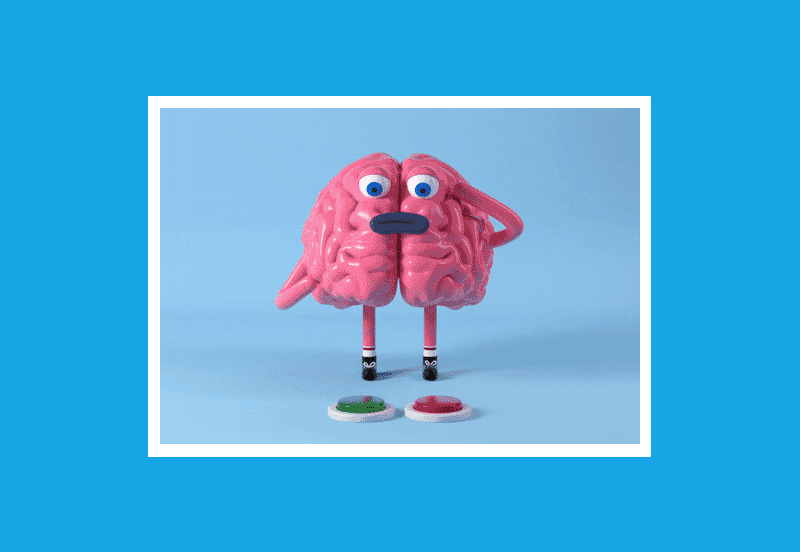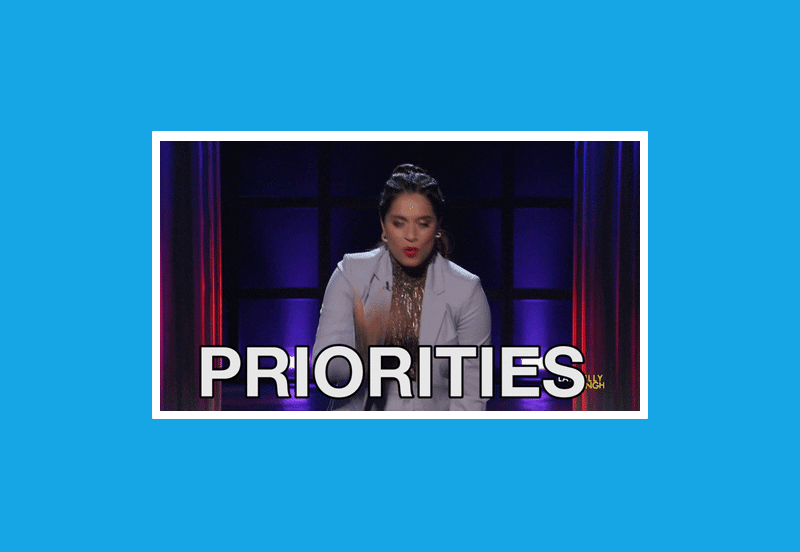A Cat, Cannabis and The Caribbean – How Current Regional Laws Make Cannabis both Legal and Illegal
Author: Darryn Boodan
 Weed Laws 101
Weed Laws 101
Everybody knows laws against drugs such as cannabis exist to protect us from their harmful effects, leaving us free to enjoy safer recreational substances like alcohol🍷 , tobacco 🚬 and fried chicken🍗 .
But a worldwide revolution in cannabis decriminalization is sweeping the globe. Governments worldwide are waking up to the fact that cannabis may not be as harmful as previously claimed. And, more importantly, they’re noticing the sound that massive amounts of Cannabis tax revenues 💵 make while flowing into state coffers.
Legal or Illegal?
But decriminalization is not the same as legalization. In the same way, doubles are not technically illegal right now under Covid regulations, but just don’t let the Police catch you buying any.
Currently, forty countries have legalized the use of “medicinal Marijuana”, including
Schrödinger’s Spliff
Here in T&T, it is now legal to possess up to 30 grams of Cannabis. However, it’s illegal to smoke cannabis in public. You are allowed four cannabis plants in your home, but it’s illegal to sell or buy cannabis without a license.
Like Erwin Schrödinger’s famed cat, which, through a famous thought experiment of quantum mechanics, could be deemed dead and not dead at the same time, cannabis exists in its own dual state of simultaneously being lawful and unlawful . This legal limbo begs the question; should we just burn away this red tape and make weed legal?
The Upside
The arguments for full cannabis legalization are powerful. Firstly as T&T activist Nazma Muller points out , legalization would immediately have a profound effect on our criminal justice system, eliminating the need for incarcerating hundreds of mostly young men, freeing up time for both police and the courts.
Legalization would also remove cannabis trafficking from being a major source of revenue for local gangs, stripping them of power.
And of course, cannabis can provide a much-needed source of economic diversification particularly for countries like ours. By which I mean countries that are “broke”. What could possibly be the downside?
Check in next week to find out.





